As parents, providing our little ones with the best nutrition is of paramount importance. Introducing a variety of fruits into their diet is not only essential for their growth and development but also helps cultivate healthy eating habits. One such fruit that has gained popularity for its numerous health benefits is kiwi fruit. In this article, we will explore the nutritional advantages of kiwi fruit for babies and provide safety guidelines for incorporating it into their diet. Nutritional Benefits of Kiwi Fruit: Kiwi fruit, also known as Chinese gooseberry, is rich in essential nutrients that are vital for a baby’s overall health. Here are some of the significant nutritional benefits of this delicious fruit: 1.
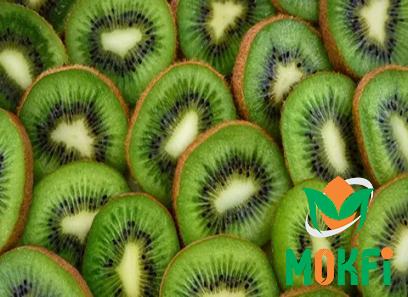
.
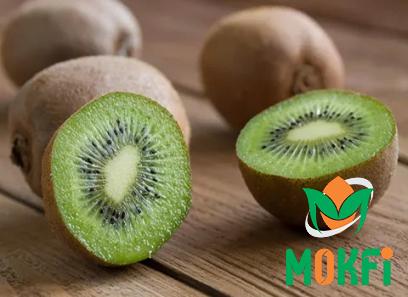 High in Vitamin C: Kiwi fruit is known for its exceptional vitamin C content, which is essential for boosting immunity, aiding collagen synthesis, and promoting iron absorption in the body. Just one serving of kiwi fruit can meet a baby’s daily vitamin C requirement. 2. Fiber-Rich: Kiwi fruit is an excellent source of dietary fiber, which aids in promoting healthy digestion, preventing constipation, and maintaining a healthy weight. The presence of enzymes in kiwi fruit also aids in breaking down proteins, ensuring better digestion for babies. 3. Antioxidant Powerhouse: Kiwi fruit is packed with antioxidants that help protect the body from harmful free radicals, assisting in reducing the risk of chronic diseases and promoting cellular health.
High in Vitamin C: Kiwi fruit is known for its exceptional vitamin C content, which is essential for boosting immunity, aiding collagen synthesis, and promoting iron absorption in the body. Just one serving of kiwi fruit can meet a baby’s daily vitamin C requirement. 2. Fiber-Rich: Kiwi fruit is an excellent source of dietary fiber, which aids in promoting healthy digestion, preventing constipation, and maintaining a healthy weight. The presence of enzymes in kiwi fruit also aids in breaking down proteins, ensuring better digestion for babies. 3. Antioxidant Powerhouse: Kiwi fruit is packed with antioxidants that help protect the body from harmful free radicals, assisting in reducing the risk of chronic diseases and promoting cellular health.
..
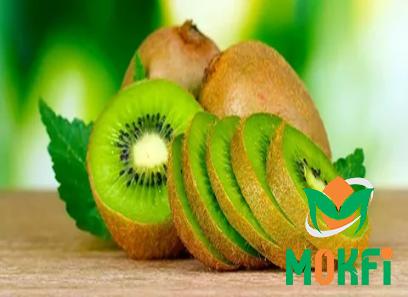 4. Essential Minerals: Kiwi fruit contains essential minerals like potassium, magnesium, and folate. Potassium helps in maintaining normal blood pressure levels, while folate is crucial for healthy cell production and development. Safety Guidelines for Introducing Kiwi Fruit to Your Baby: While kiwi fruit is safe for most babies, it is crucial to follow certain guidelines to ensure a smooth transition into their diet. Here are some safety precautions to keep in mind: 1. Age Appropriate: Introduce kiwi fruit to your baby’s diet after they have started consuming solid foods – usually when they are around six to eight months old. This ensures that their digestive system is ready to process the fruit’s fiber content.
4. Essential Minerals: Kiwi fruit contains essential minerals like potassium, magnesium, and folate. Potassium helps in maintaining normal blood pressure levels, while folate is crucial for healthy cell production and development. Safety Guidelines for Introducing Kiwi Fruit to Your Baby: While kiwi fruit is safe for most babies, it is crucial to follow certain guidelines to ensure a smooth transition into their diet. Here are some safety precautions to keep in mind: 1. Age Appropriate: Introduce kiwi fruit to your baby’s diet after they have started consuming solid foods – usually when they are around six to eight months old. This ensures that their digestive system is ready to process the fruit’s fiber content.
…
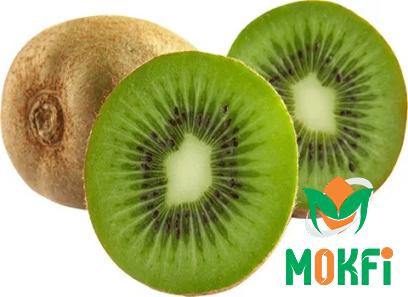 2. Allergies: Kiwi fruit can be a potential allergen. Start by introducing a small amount and watch for any signs of an allergic reaction, such as rashes, hives, or difficulty breathing. If your baby has a known allergy to other fruits like strawberries or bananas, it is advisable to consult a pediatrician before introducing kiwi fruit. 3. Preparation: Peel the outer skin and remove the seeds before giving kiwi fruit to your baby. The hairy skin might be difficult for them to digest, and the seeds can pose a choking hazard. 4. Consistency: For babies new to solid foods, puree or mash the kiwi fruit to a smooth consistency before offering it. As they become more comfortable with textures, you can gradually increase the chunkiness, allowing them to experience the fruit in its natural form. Conclusion: Introducing kiwi fruit to your baby’s diet can be a wonderful way to provide them with essential nutrients and expand their palette. With its myriad of nutritional benefits and precautions outlined in this article, you can confidently add this nutritious fruit to your little one’s meal plan. Remember to consult your pediatrician in case of any concerns or questions before introducing kiwi fruit or any other new food to your baby. Happy and healthy eating!
2. Allergies: Kiwi fruit can be a potential allergen. Start by introducing a small amount and watch for any signs of an allergic reaction, such as rashes, hives, or difficulty breathing. If your baby has a known allergy to other fruits like strawberries or bananas, it is advisable to consult a pediatrician before introducing kiwi fruit. 3. Preparation: Peel the outer skin and remove the seeds before giving kiwi fruit to your baby. The hairy skin might be difficult for them to digest, and the seeds can pose a choking hazard. 4. Consistency: For babies new to solid foods, puree or mash the kiwi fruit to a smooth consistency before offering it. As they become more comfortable with textures, you can gradually increase the chunkiness, allowing them to experience the fruit in its natural form. Conclusion: Introducing kiwi fruit to your baby’s diet can be a wonderful way to provide them with essential nutrients and expand their palette. With its myriad of nutritional benefits and precautions outlined in this article, you can confidently add this nutritious fruit to your little one’s meal plan. Remember to consult your pediatrician in case of any concerns or questions before introducing kiwi fruit or any other new food to your baby. Happy and healthy eating!
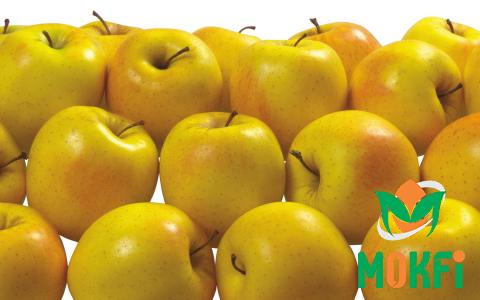
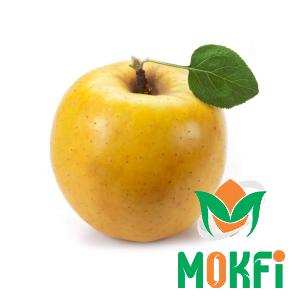
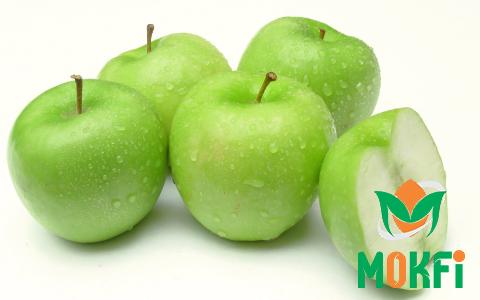
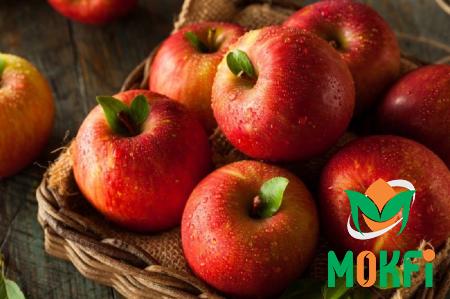
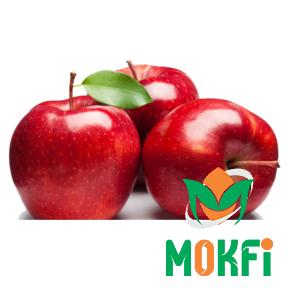
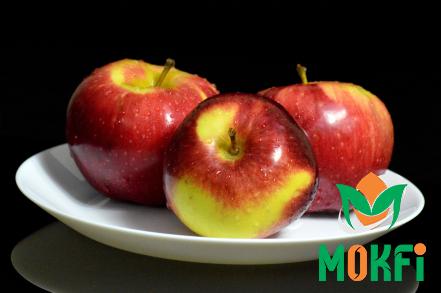
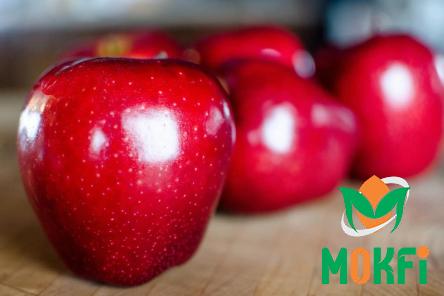
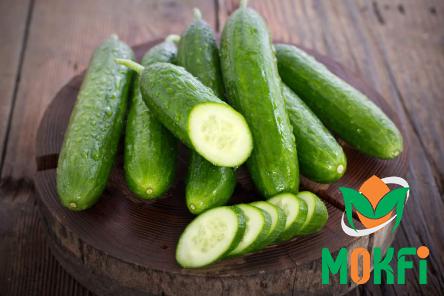
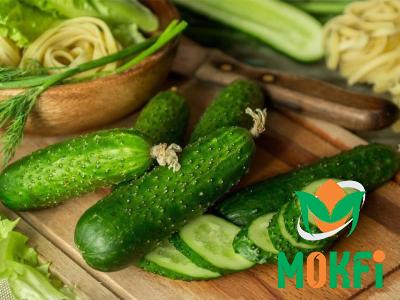
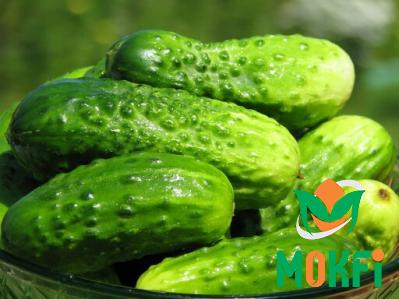
Your comment submitted.